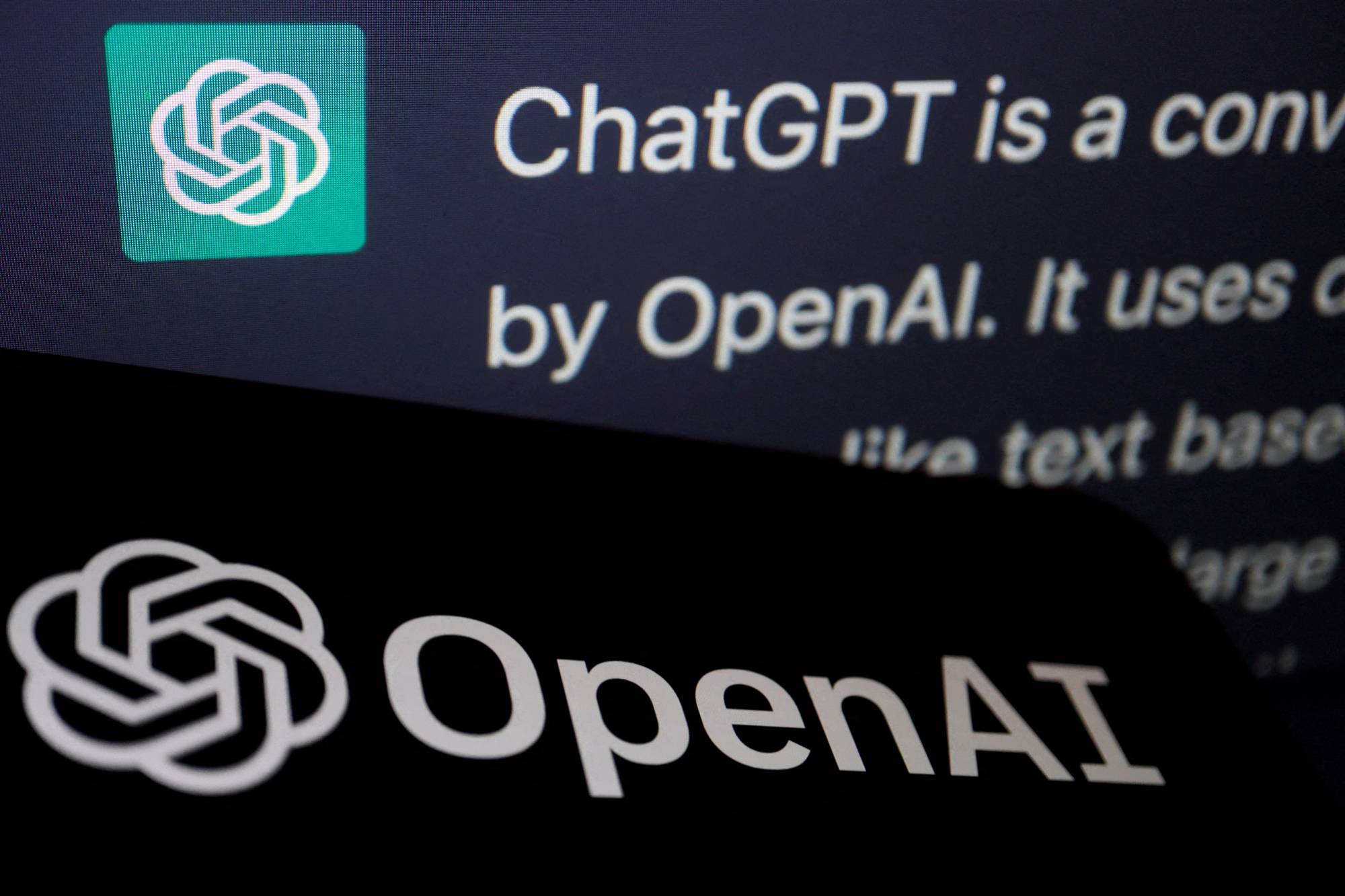As recently as February, generative AI did not feature prominently in EU lawmakers' plans for regulating generative artificial intelligence technologies such as ChatGPT.
The bloc's 108-page proposal for the AI Act, published two years earlier, included only one mention of the word "chatbot." References to AI-generated content largely referred to deepfakes: images or audio designed to impersonate human beings.
By mid-April, however, members of European Parliament (MEPs) were racing to update those rules to catch up with an explosion of interest in generative AI, which has provoked awe and anxiety since OpenAI unveiled ChatGPT six months ago.


















With your current subscription plan you can comment on stories. However, before writing your first comment, please create a display name in the Profile section of your subscriber account page.